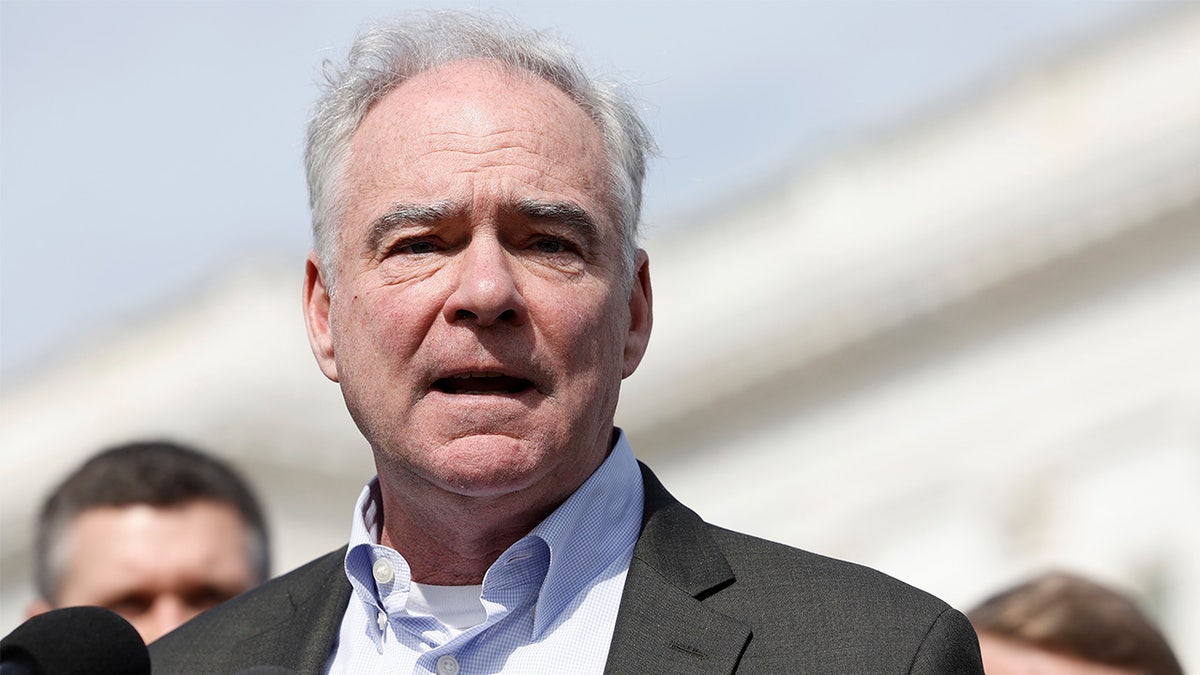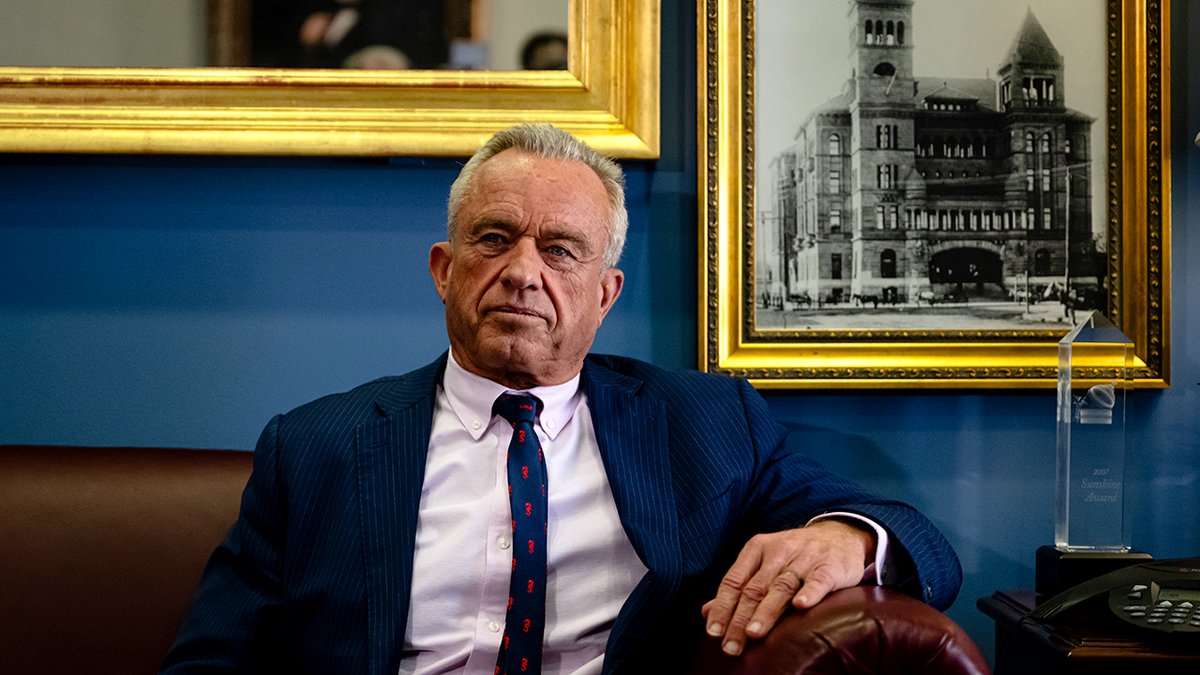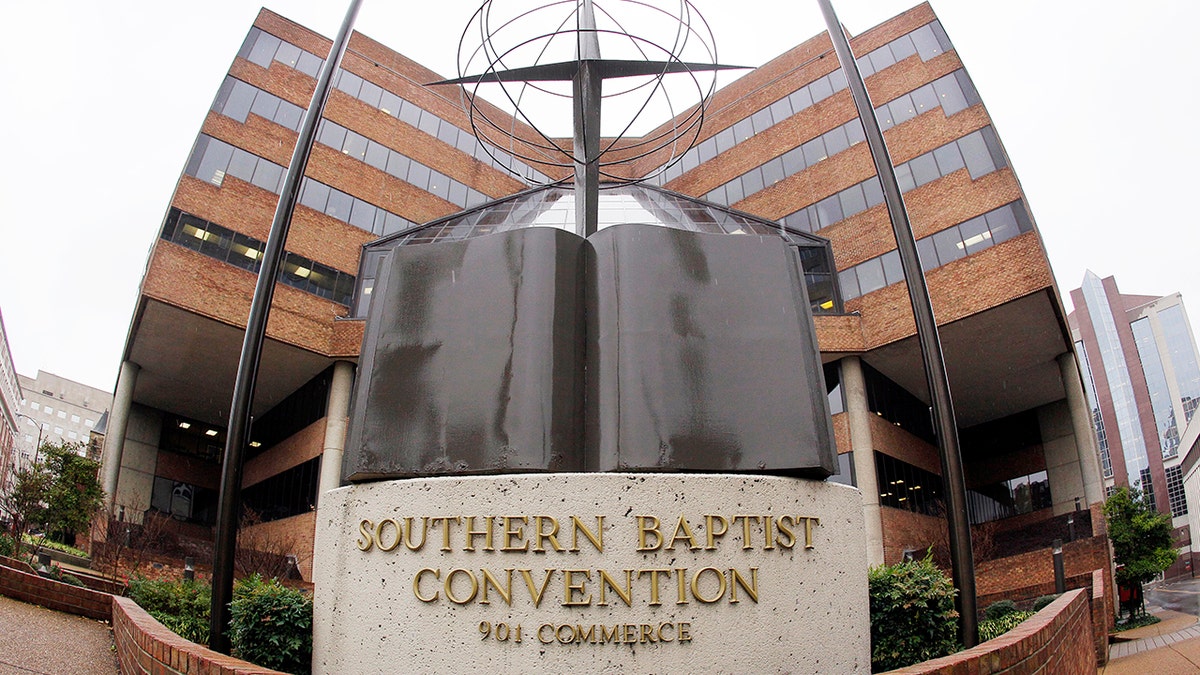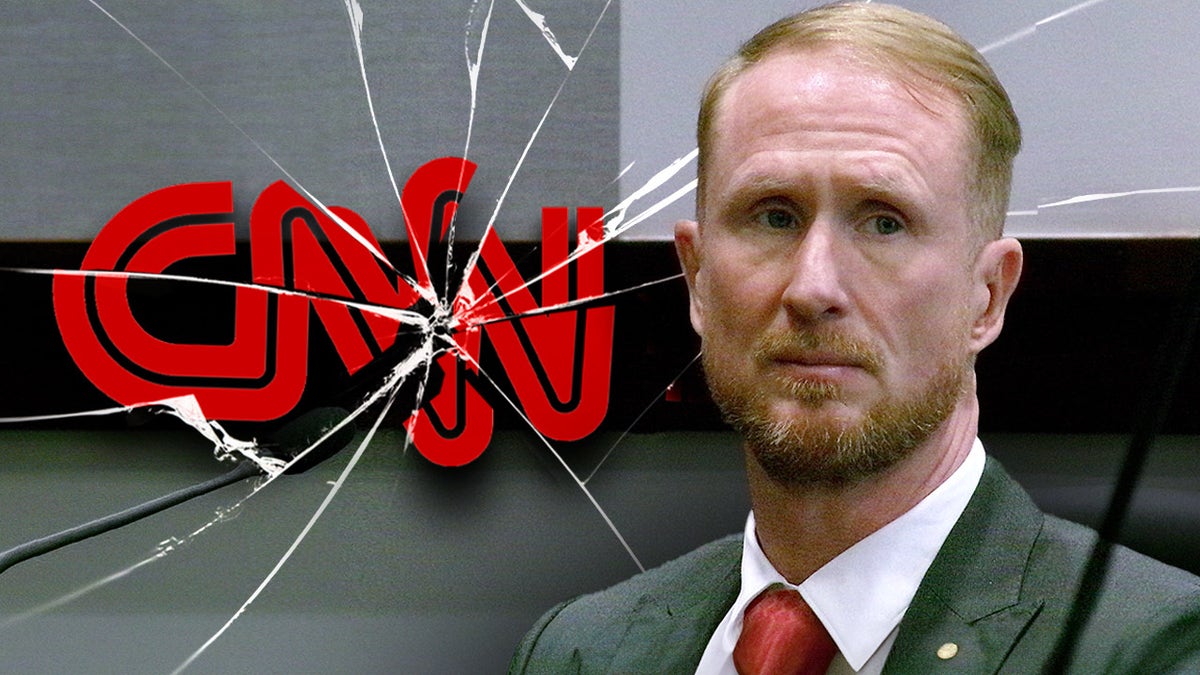In anticipation of Robert F. Kennedy Jr.'s confirmation hearing for the position of Department of Health and Human Services (HHS) secretary, a group of Democratic senators convened a roundtable discussion with public health experts. The primary focus of the discussion revolved around addressing and countering anti-vaccine sentiments, many of which have been promoted by Kennedy himself.
Although Kennedy's name was reportedly not intended to be the central topic, his upcoming hearing became a recurring theme as lawmakers sought strategies to combat vaccine misinformation. Senators specifically questioned the experts about claims linking vaccines to autism, a topic Kennedy has publicly addressed in previous interviews.
Maryland Senator Angela Alsobrooks inquired about how to effectively respond to constituent concerns regarding the alleged autism-vaccine link. The panel of doctors emphasized the absence of credible studies supporting this connection, while highlighting extensive research demonstrating no such correlation.

Dr. Paul Offit, a pediatrician specializing in virology and immunology, underscored the significant investment in research disproving the link, but acknowledged the difficulty in allaying public fears once they take hold. He noted that the lack of a definitive cause for autism further complicates efforts to counter such claims. Dr. Joshua Sharfstein of Johns Hopkins University directed lawmakers to reputable institutions like the National Academy of Sciences for evidence-based information refuting the vaccine-autism link.
Led by Senator Bernie Sanders, the Democratic senators also explored other anti-vaccine arguments, including the notion that vaccine manufacturers are shielded from liability for vaccine-related injuries. The experts clarified the existence of the National Vaccine Injury Compensation Program, which provides compensation to eligible individuals, and warned that altering this system could jeopardize vaccine production.
Senator Tim Kaine raised concerns about the HHS secretary's potential discretion to remove vaccines from the program's coverage, opening manufacturers up to civil litigation. Additional topics addressed included differentiating between vaccine side effects and complications, countering claims of insufficient vaccine research, and understanding government oversight of vaccine safety. The discussion also touched upon the broader public health implications of undermining vaccine confidence.

Kennedy's confirmation hearings before the Senate Committee on Finance and the Senate Committee on Health, Education, Labor and Pensions are expected to feature rigorous questioning about his stance on vaccines. Senator Bill Cassidy, chair of the HELP committee, has publicly stated his disagreement with Kennedy's views, while other Democrats have voiced stronger criticisms, labeling him "dangerous" and "unqualified" for the HHS secretary role.

Senators Ed Markey and Elizabeth Warren have expressed apprehension about Kennedy's potential impact on public health, particularly concerning vaccine hesitancy and the potential resurgence of preventable diseases.








